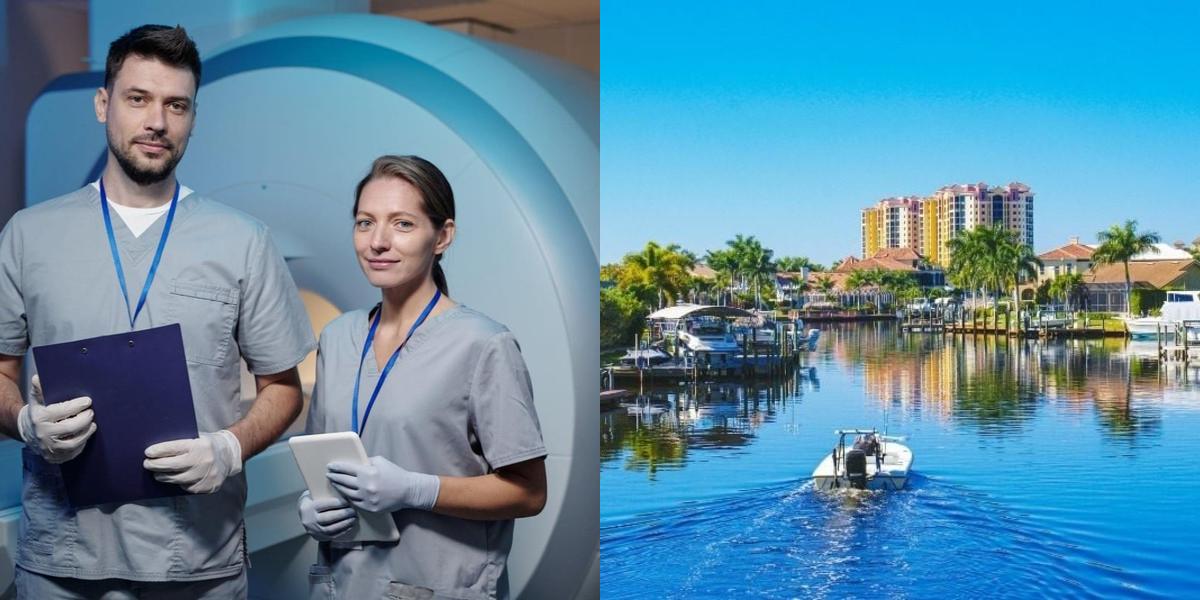How to Become a Radiology Technician in Florida

What is a Radiology Technician?
Radiology technicians, also known as radiologic technologists, are healthcare professionals who use various imaging techniques, such as X-rays, computed tomography (CT) scans, and magnetic resonance imaging (MRI), to create diagnostic images of the human body. Their primary responsibilities include preparing patients for imaging procedures, operating the equipment, and ensuring the quality of the images obtained.
How Do I Get a Job as a Radiology Technician?
To secure a job as a radiology technician in Florida, you can:
- Search for job postings on job boards, healthcare facility websites, and professional organizations.
- Network with other healthcare professionals and attend industry events.
- Gain relevant experience through internships or entry-level positions.
- Highlight your skills, education, and certification in your resume and cover letter.
Career Paths and Opportunities after Becoming a Radiology Technician
After becoming a radiology technician, you may have the opportunity to specialize in areas such as CT, MRI, mammography, or radiation therapy. You can also pursue leadership roles, such as a chief radiologic technologist or a radiology department manager. Additionally, some radiology technicians choose to further their education and become radiologist assistants or advanced practice radiologic technologists.
Final Thoughts
Becoming a radiology technician in Florida can be a rewarding career path, with opportunities for growth, specialization, and advancement. By meeting the educational and licensing requirements, you can start your journey towards a fulfilling career in the healthcare industry.
Remember, this journey doesn't end with this article — it's just the beginning. So, if this doesn't align with your preferences, explore these other articles:

Athena is Co-founder and CEO of Dreambound.



